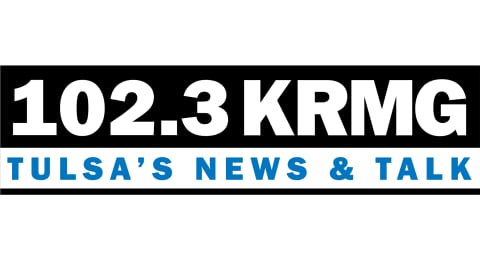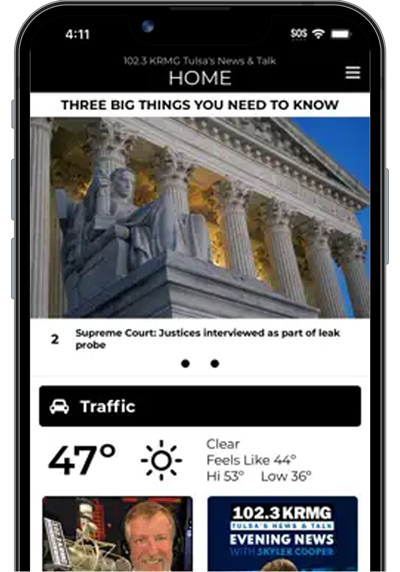NEW YORK — President-elect Donald Trump, seeking to halt the upcoming sentencing in his criminal hush money case in New York, on Monday filed suit against Manhattan District Attorney Alvin Bragg and Judge Juan Merchan over the judge's denial of his presidential immunity motions.
The filing came as Judge Merchan denied a request by Trump, filed earlier Monday, that Merchan stay the sentencing, which is scheduled for Friday.
Trump's lawyers filed the lawsuit -- called an Article 78 motion -- in New York's Appellate Division First Department.
Trump's attorneys argued in the suit that Judge Merchan exceeded his jurisdiction when he denied Trump's claim of presidential immunity in his ruling last week and ordered Trump to appear for sentencing, either in person or virtually, on Jan. 10 following his May conviction.
Trump was found guilty in May of falsifying business records related to a hush money payment made to adult film actress Stormy Daniels in order to boost his electoral prospects in the 2016 presidential election.
In denying Trump's request to halt the sentencing, Merchan wrote, "This Court has considered Defendant's arguments in support of his motion and finds that they are for the most part, a repetition of the arguments he has raised numerous times in the past."
"Further, this Court finds that the authorities relied upon in the instant motion by the Defendant are for the most part, factually distinguishable from the actual record or legally inapplicable," Merchan wrote.
In asking Merchan to stay the sentencing, Trump's attorneys had argued that Merchan "will lack authority to proceed with sentencing" because Trump is still appealing Merchan's earlier ruling that the Supreme Court's presidential immunity decision does not apply to the New York hush money case.
"Forcing a President to continue to defend a criminal case -- potentially through trial or, even more dramatically here, through sentencing and judgment -- while the appellate courts are still grappling with his claim of immunity would, in fact, force that President 'to answer for his conduct in court' before his claim of immunity is finally adjudicated," defense attorneys Todd Blanche and Emil Bove wrote.
Merchan initially scheduled the sentencing for July 11 before pushing it back in order to weigh if Trump's conviction was impacted by the Supreme Court's July ruling prohibiting the prosecution of a president for official acts undertaken while in office. Merchan subsequently ruled that Trump's conviction related "entirely to unofficial conduct" and "poses no danger of intrusion on the authority and function of the Executive Branch."
The Manhattan district attorney's office urged Merchan to reject Trump's request, arguing in a filing on Monday that the court has already "bent over backwards" to allow Trump to raise his claims of presidential immunity.
Bragg rejected Trump's argument that his pending appeals mean Merchan does not have the authority to go forward.
"The notices of appeal that defendant will file with the Appellate Division do not divest this Court of jurisdiction or otherwise automatically stay proceedings in this Court," Bragg argued in his filing.
Prosecutors argued that Trump's lawyers failed to make the "extraordinary showing" needed to justify a stay of the entire case as they requested, arguing that the delay is largely a product of Trump's own doing.
"The current schedule is entirely a function of defendant's repeated requests to adjourn a sentencing date that was originally set for July 11, 2024; he should not now be heard to complain of harm from delays he caused," the filing said.
The district attorney said sentencing Trump on Jan. 10 would not impair the discharge of Trump's official duties because they are "duties he does not possess before January 20, 2025."
"The President-elect is, by definition, not yet the President. The President elect therefore does not perform any Article II functions under the Constitution, and there are no Article II functions that would be burdened by ordinary criminal process involving the President elect," the filing said.
Merchan last week indicated that he would sentence Trump to an unconditional discharge -- effectively a blemish on Trump's record -- saying it struck a balance between the duties of president and the sanctity of the jury's verdict.
Trump's attorneys, in their Monday filing, said it did not matter.
"It is of no moment that the Court has suggested an intention to impose a sentence of unconditional discharge. While it is indisputable that the fabricated charges in this meritless case should have never been brought, and at this point could not possibly justify a sentence more onerous than that, no sentence at all is appropriate based on numerous legal errors -- including legal errors directly relating to Presidential immunity that President Trump will address in the forthcoming appeals," the defense said in Monday's filing.
Trump, who is set to be inaugurated on Jan. 20, has also argued that the sentencing would disrupt his presidential transition and "threatens the functioning of the federal government."
Copyright © 2025, ABC Audio. All rights reserved.







